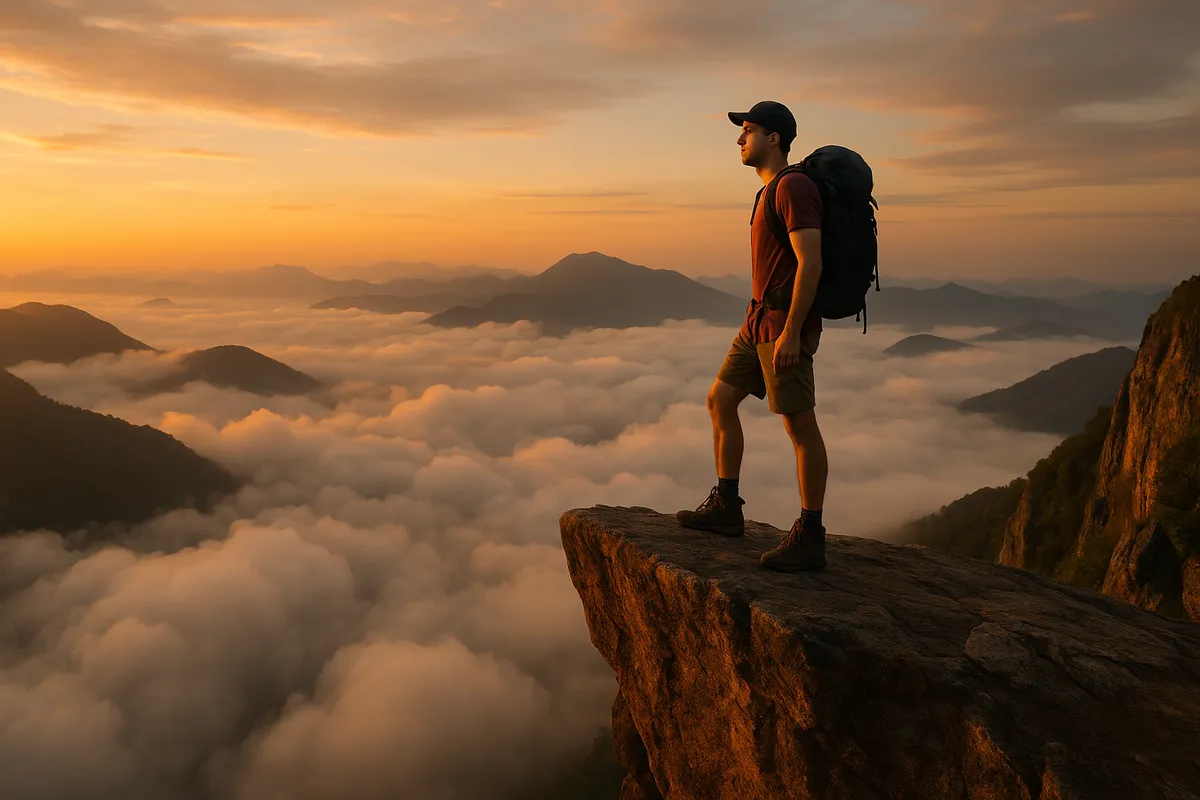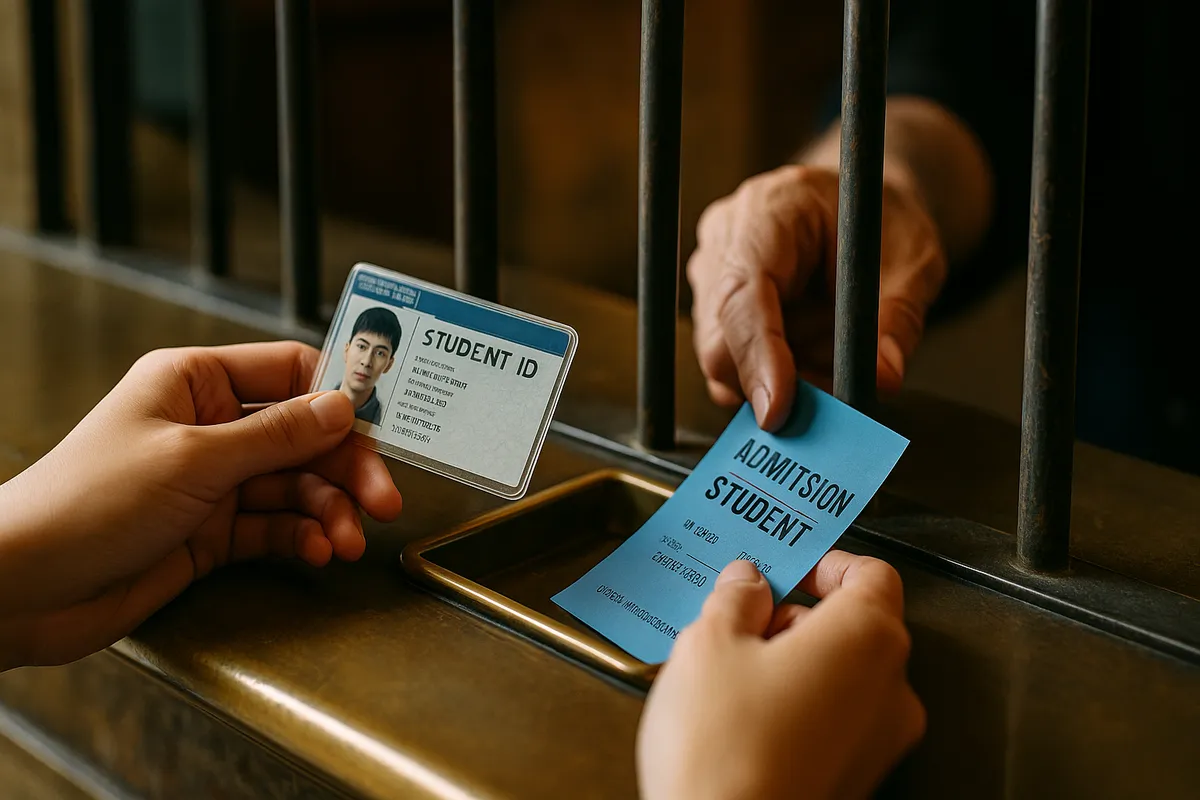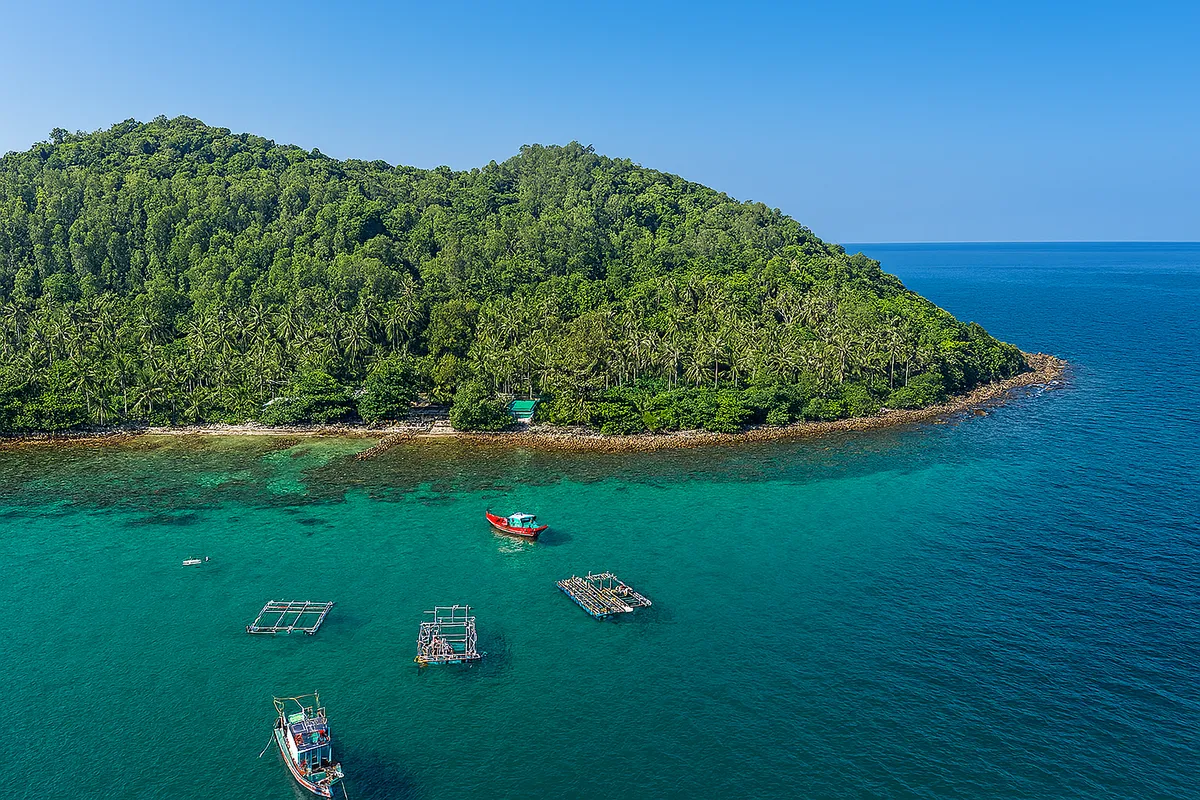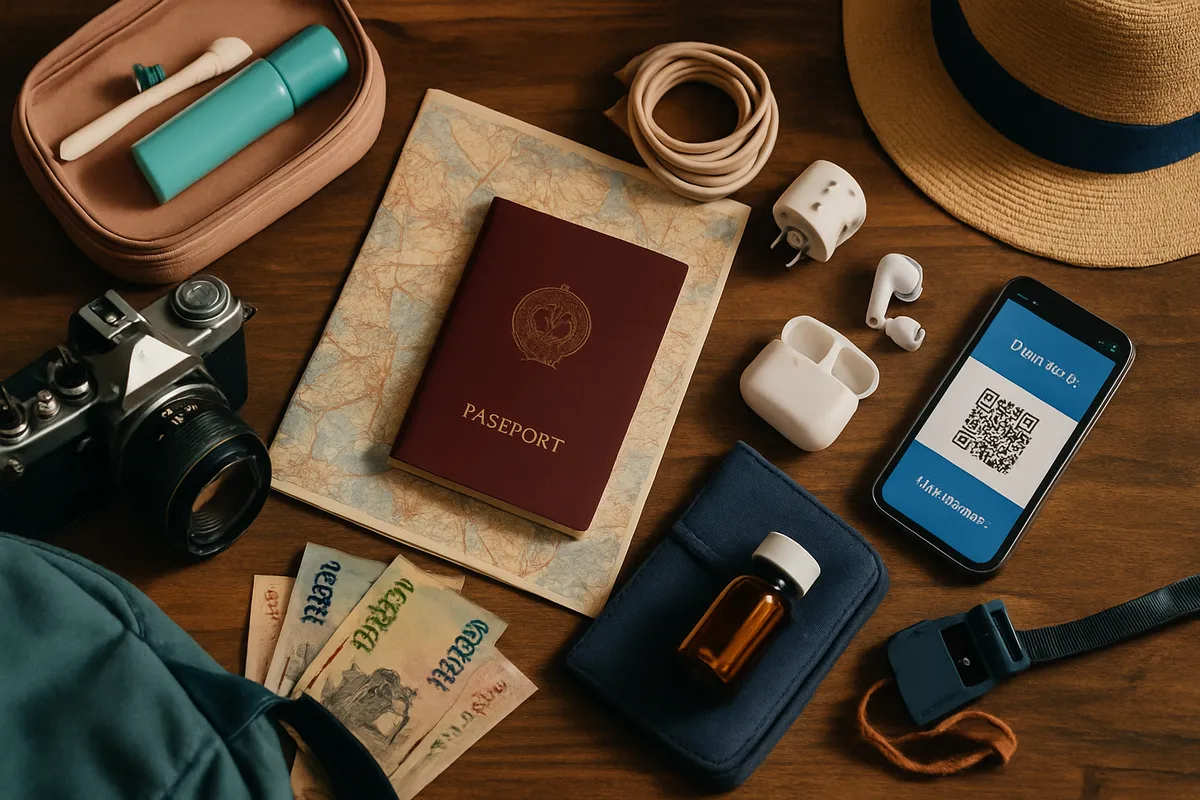Travel experiences you should only try once
- Wednesday, Jul 02, 2025, 18:24 (GMT+7)
Travel experiences you should only try once
Not every experience is worth repeating. Some moments on the road offer powerful emotions or unforgettable memories, but also come with risks, exhaustion, or even regret. For young travelers who crave adventure, pushing boundaries is often part of the journey. But knowing when to stop, when to say “once is enough” can save time, money, and even ensure safety. This article explores travel experiences that many have tried once and decided never again, not because they weren’t meaningful, but because the price was too high.
Spending the night camping in remote wilderness without phone signal might sound like the perfect escape. But in reality, it's often riddled with hidden dangers such as wild animals, theft, or sudden weather shifts. A group of young travelers once tried camping in a pine forest near Da Lat during the rainy season and nearly had to call for rescue when their tents were blown away by fierce winds. The key takeaway is to avoid overnight camping in unfamiliar wilderness unless guided by experienced locals and with full weather awareness. That dreamlike connection with nature can still be achieved in safer, supported environments.
Motorbike trekking through mountain trails is romanticized by many, especially in places like Ta Nang Phan Dung or the western Truong Son range. While the raw beauty and thrill are undeniable, the challenges can quickly become overwhelming. Numerous travelers have gotten lost, dehydrated, or stranded with broken bikes and no cell reception. These routes demand strong physical condition, detailed navigation skills, and well-maintained vehicles. Always ride in groups, stay on trails, and prepare for emergency situations. It’s an adventure best tried once and only with proper planning.
Participating in traditional festivals with strong spiritual elements can also be a one-time experience. While fascinating to observe, rituals involving animal offerings, fire-walking, or restricted ceremonies often carry strict cultural rules. Many travelers have been reprimanded or shunned for unknowingly violating sacred boundaries by filming or disrespecting rituals. Before attending such events, research thoroughly and observe with respect. Some cultural experiences are not meant for spectators, especially not for tourists seeking photos rather than understanding.
Night hikes to catch sunrise views on high mountains have become increasingly popular. But not every peak is suitable for such challenges. Mountains like Ta Xua or Fansipan may reward you with breathtaking dawns, but demand caution. Treacherous paths, sudden weather changes, and low visibility make night trekking risky for the inexperienced. Several cases of disorientation, injuries, or even hypothermia have been reported. Avoid night hikes without prior trekking experience or expert guides. Some sunrises are better enjoyed with safety in mind rather than recklessness.
Renting motorcycles without proper documentation abroad seems cost-effective, but often ends in trouble. Tourists have been fined or detained in countries like Thailand or Indonesia for riding without valid licenses or breaking local traffic rules. In worst cases, rental shops impose heavy compensation for minor scratches, especially when there’s no official contract. When choosing to ride abroad, always rent from legitimate providers, carry proper documents, and never skip travel insurance.
Dangerous photo ops at cliffs, rooftops, or unstable platforms are still pursued for the sake of social media, despite repeated warnings. Many travelers have been injured or worse trying to capture that perfect shot. From rock edges known as "dinosaur backs" to high-rise rooftops, the pursuit of viral photos has crossed safety lines. Strong gusts, slippery edges, and unguarded heights turn beauty into hazard in seconds. No photograph is worth your life. Choose locations with safety measures and don’t let vanity outweigh common sense.
Chasing storms, hiking during monsoon season, or deliberately entering flood zones for thrill-seeking is a reckless trend that has been strongly discouraged. While the idea of “experiencing nature’s fury” sounds intense, it often ends in disaster. Tourists have had to be rescued by locals after being trapped in rising rivers or flash floods. These activities require scientific knowledge, full gear, and backup support. Unless you are a trained weather chaser, it’s wiser to admire storms from a distance.
Trying extreme local food like live insects, super spicy dishes, or raw delicacies might be memorable, but your digestive system might not agree. Many travelers have suffered food poisoning or allergic reactions after consuming unfamiliar or improperly prepared items. Even local favorites like balut, scorpions, or jungle ants can cause serious health issues. Always eat small portions, ensure hygiene, and carry basic medication. Culinary adventure is great, but not at the cost of your health.
Visiting cemeteries, prisons, or former war zones at night, especially alone, is another experience that sounds bold but can be mentally disturbing. Some travelers have experienced severe anxiety, sleepless nights, or lingering discomfort after night tours in emotionally charged places. These locations carry historical and spiritual weight, not just visual appeal. Respect the past, and if curiosity persists, opt for guided day tours instead. True thrill should not come at the expense of peace of mind.
Sleeping at airports, train stations, or bus terminals to save money seems efficient at first but often turns into a nightmare. Many who tried it report cold temperatures, noise, lack of safety, and exhaustion ruining the next day’s travel. If you must stay overnight at such places, use public lounges, secure your belongings, and avoid isolated corners. A better alternative is short-term resting pods or hourly hotels nearby that offer both comfort and safety.
Travel is about expanding horizons and exploring the unfamiliar. But knowing what to avoid, or what to try only once, is part of growing as a responsible traveler. Some experiences stay in the heart not because they were repeated, but because they taught a lesson, stirred an emotion, or reminded us of our own limits. The true value of travel lies not in how far or how extreme we go, but in how wisely we choose our path, how well we prepare, and how deeply we connect with the world in our own way. Once may be enough, if it changes how you see the journey forever.

 CHECKIN.VN
CHECKIN.VN








Share on